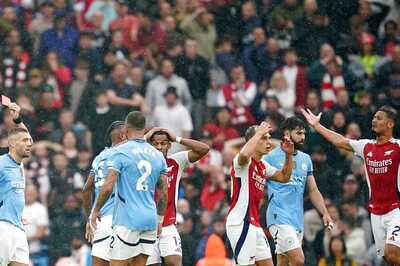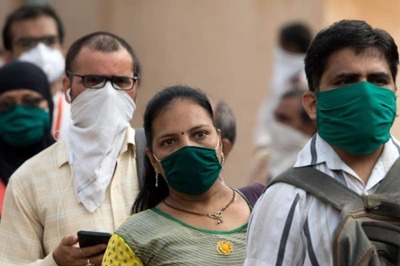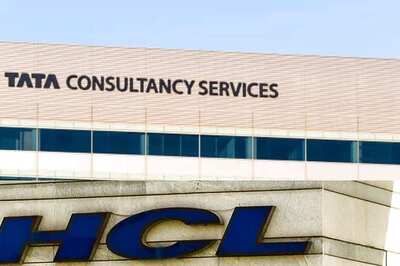
views
Bengaluru: Former Kerala Chief Minister Oommen Chandy was on Saturday acquitted by a court in a case relating to the alleged solar scam due to lack of evidence.
Additional City Civil and Sessions Court accepted Chandy’s application seeking annulment of an earlier order in which six respondents, including Chandy and a firm, were directed to pay about Rs 1.61 crore to M K Kuruvilla, a Bengaluru-based industrialist.
In the interim application, Chandy had stated that the order was ex-parte and his version was not heard.
Judge Patil Mohankumar Bheemanagouda acquitted Chandy on the grounds of lack of evidence to prove he had any money transaction with Kuruvilla.
“Even in the plaint that Kuruvilla had filed does not mention about Rs 1.61 crore changing hands between him and Chandy, and therefore, taking this premise into cognisance this honourable court acquits Chandy in the case,” the judge said in his order.
However, the judge said the court will continue proceedings against other five accused, who allegedly did not give money to Kuruvilla.
Kuruvilla had filed a civil petition in 2015 seeking to return of Rs 1,60,85,700 deposited with SCOSSA Educational Consultants Private Limited, the first defendant, for setting up a solar power project in Kerala.
According to Kuruvilla, in 2011, he got acquainted with one Binu Nair who claimed to be the Director of Kochi-based SCOSSA.
The petitioner had said that Nair had approached him for setting up the solar power project.
The petition stated that Nair had claimed that one of the directors of SCOSSA, Andrews, was Chandys first cousin andwould be appointed consultant to the project and that he wouldoperate from Abu Dhabi.
Kuruvilla had also submitted that Nair had named one Diljith as another director of SCOSSA who he claimed was the private secretary to Chandy and contended that the former chief minister too was jointly liable to return his money.
On October 24 last, the court had directed six persons, including Chandy, and a firm to together to pay Rs1,60,85,700 to Kuruvilla with 12 per cent interest per annumfor a solar power project that did not materialise.
Chandy had filed two applications appealing against the earlier verdict.
The first plea had challenged the courts ex-parte order and the second one sought that his arguments be heard.




















Comments
0 comment